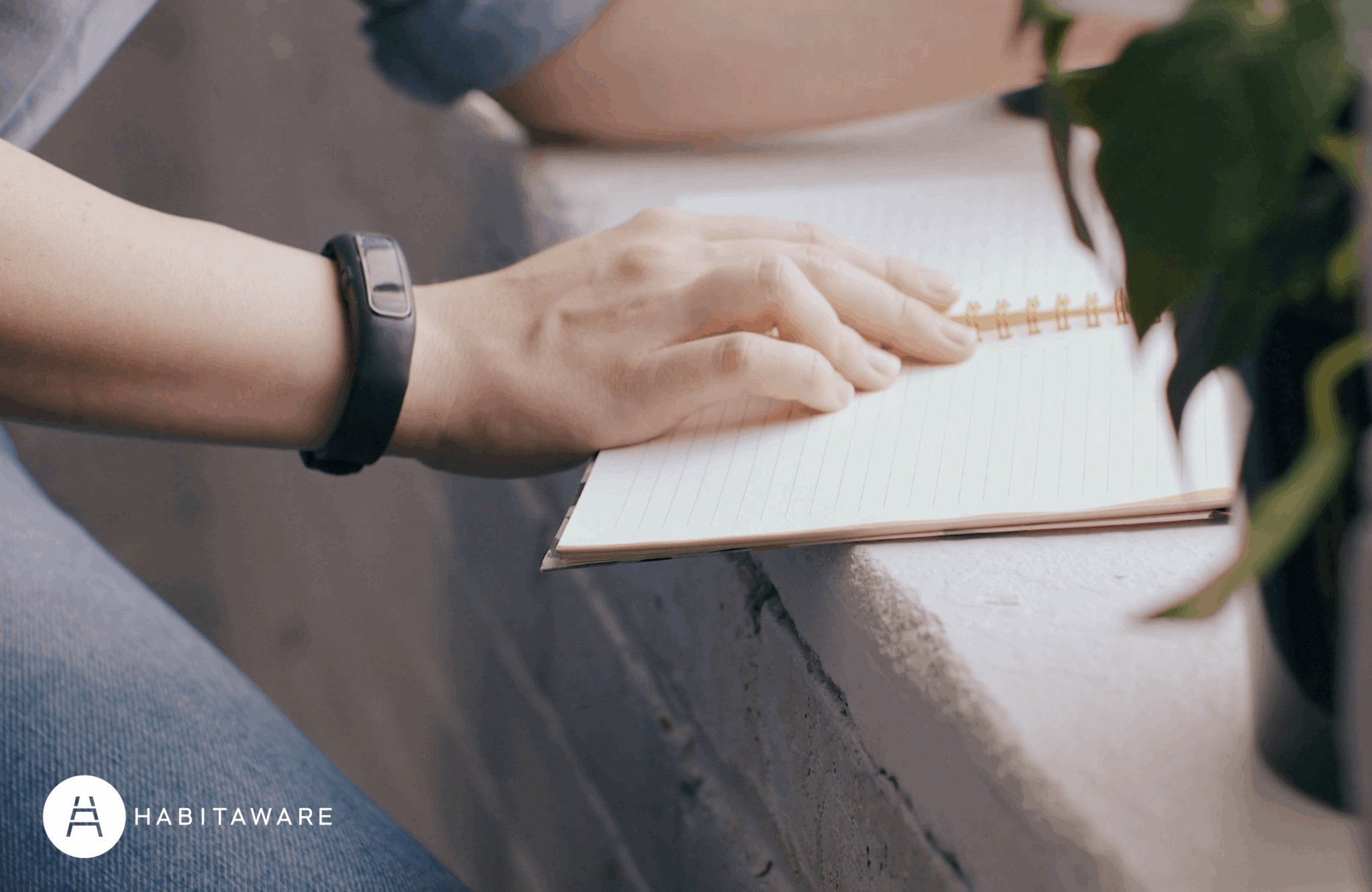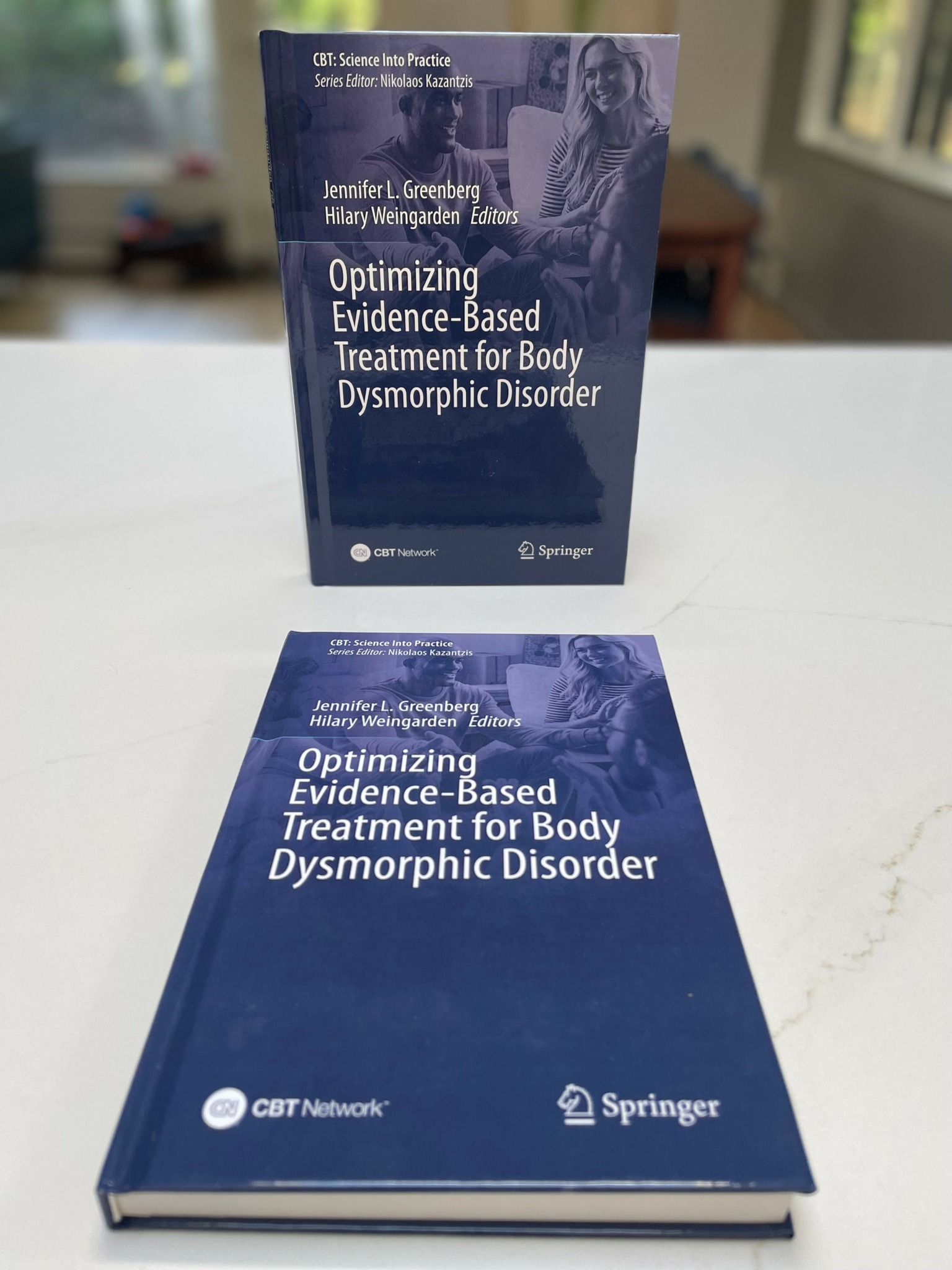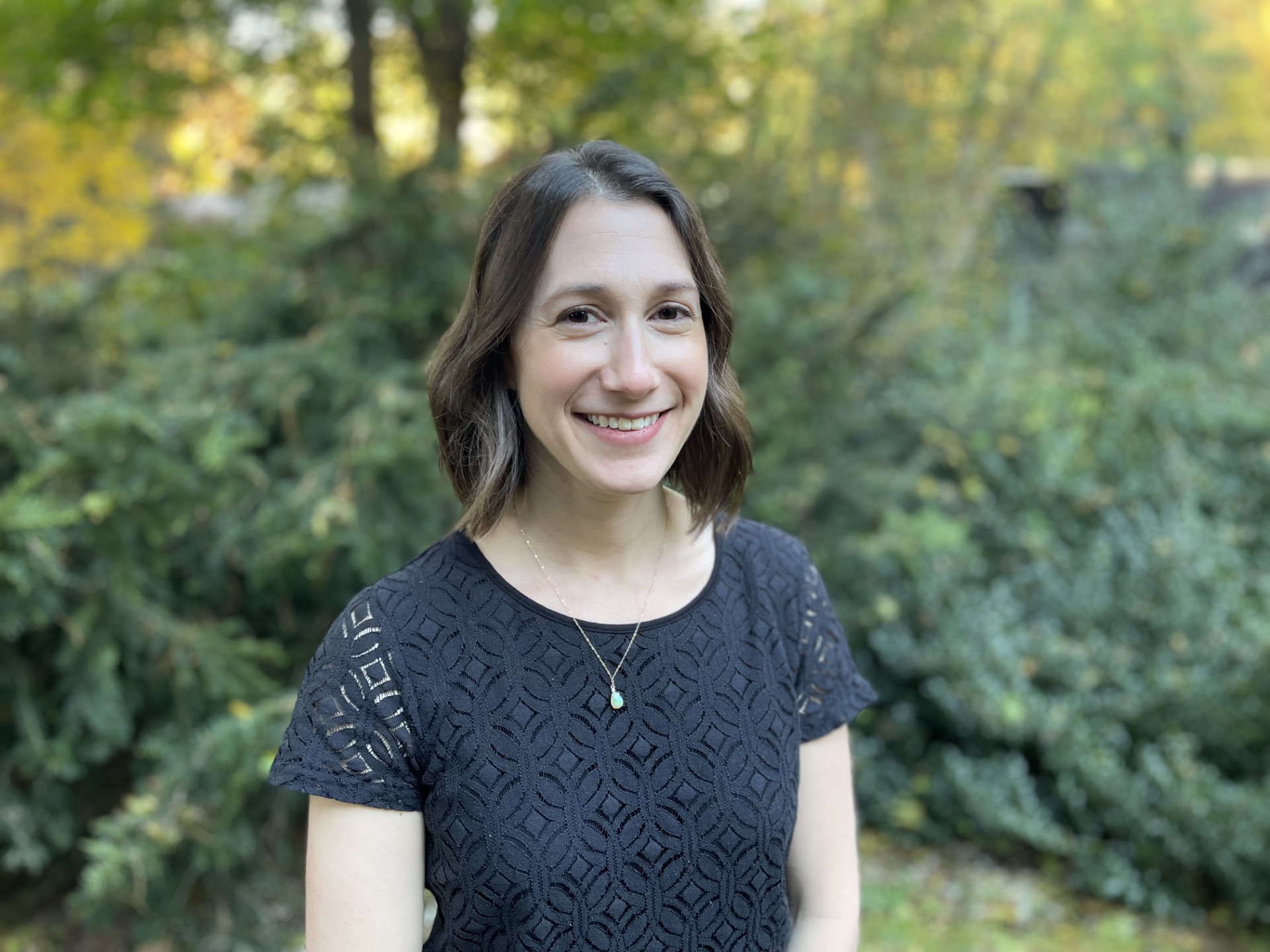Alright – so today we’ve got the honor of introducing you to Hilary Weingarden. We think you’ll enjoy our conversation, we’ve shared it below.
Hilary , appreciate you joining us today. Can you open up about a risk you’ve taken – what it was like taking that risk, why you took the risk and how it turned out?
I’m a licensed psychologist who has been on a well-defined career path for the past decade in grant-funded academic medicine research. My work has focused on using tech to better assess and treat obsessive compulsive and related disorders. When you enter grad school in clinical psychology, you’re taught in pretty black-and-white terms that if you want a research career, you have to pursue it full-force and without taking detours, or you can’t get back on track and you close the door to that career forever. It’s a lot of pressure! In 2024, I was coming to the end of a 5-year grant, which is the time to start putting together your next big grant to continue to fund your research (and your job) at an academic medical center. At the time, I had a baby and a young toddler. There’s nothing quite like having really young kids to make you think about how you want to use your time. Even though there was a clearly prescribed next step for my career – and I had loved my research career to this point – I kept finding myself having doubts about continuing on this path.
While this was going on, I also had a small private practice, which I ran on the side of my full-time research career. Through my therapy clients, I’d come across an innovative company, HabitAware, which was using tech like wearables and an online peer support community to help people address their mental health symptoms. The company was so well-aligned with my research interests in digital mental health and my clinical specialization, and it was so exciting to me that the work they were doing was having real-world impact on the clients I was seeing in my practice each week. I took a leap of faith and cold emailed the HabitAware team to start a conversation. One thing led to another, and they eventually created a role for me as Clinical Research Director, which I’m able to balance alongside my private practice.
I thought I would stay on the prescribed academic path for my whole career, and it surprised me that I took this risk. I’ve been in my new role for 5 months, and I’m loving it. I get to use my clinical research skills in a context where the big picture impact is very tangible. That gives the work a lot of meaning. Beyond that, working in a small company lets you collaborate with team members who each bring different skills to the table that complement one another. That’s so different from being in a large psychiatry department where most people share the same background and training experiences. Making this shift has also given me the bandwidth to expand my private practice. It’s a really exciting time!

As always, we appreciate you sharing your insights and we’ve got a few more questions for you, but before we get to all of that can you take a minute to introduce yourself and give our readers some of your back background and context?
I’m a licensed clinical psychologist who specializes in obsessive compulsive and related disorders (OCRDs) – that includes conditions like OCD, body dysmorphic disorder, body-focused repetitive behaviors (hairpulling, skin picking), anxiety disorders, fear of vomiting, etc. I’m the Clinical Research Director at HabitAware, a company which makes tech-enabled tools and services for people with body-focused repetitive behaviors. I also have a private practice in Massachusetts, where I use evidence-based treatments like cognitive behavioral therapy and exposure with response prevention to treat anxiety and OCRDs in adults. Before my role at HabitAware, I was a research psychologist and assistant professor at Massachusetts General Hospital and Harvard Medical School’s Center for OCD and Related Disorders and Assistant Director of the MGH Center for Digital Mental Health.
Since becoming licensed in 2017, I have always had a private practice alongside my research career. I was drawn to working with OCRDs in particular for a couple of reasons. First, we have treatments that can really work well for these mental health conditions. It’s awesome to actually have good interventions to offer, that help your clients get better. For instance, people with body dysmorphic disorder sometimes become unable to leave their home because their symptoms are so interfering. Despite how severe the disorder can be, it often responds really well to cognitive behavioral therapy – it can be life changing. Seeing someone put in the hard work in therapy to go from being housebound to getting out in the world and living their life is remarkable. Second, the work takes creativity and strong partnership with your clients, which makes it rewarding. For example, one person with OCD can have completely different symptoms from another person. While one client might be focused on intrusive fears that they might harm their newborn (even though the idea is horrifying to them), another client could be stuck churning on the thought that *maybe* they married the wrong person, constantly reviewing past conversations and over analyzing their feelings around their spouse to try to resolve their doubts. To effectively treat these clients’ distinct symptoms, I work together with each person so that we both understand their specific fears and design exercises that match.
My research – both at MGH and now at HabitAware – is focused on how we can use technology to make our assessments and interventions for OCRDs better and more accessible. That includes using sensors to detect and predict symptoms in real-time, and figuring out how to effectively turn our face-to-face evidence-based treatments into technology-delivered treatments (like via smartphone apps). I also study emotions in OCRDs. I’m especially interested in the effects of shame, which can be a particularly painful and harmful emotion that prevents people from seeking treatment, leads people to withdraw from their support systems, and worsens outcomes like depression and suicidal thoughts. To highlight one recent project I completed that I’m especially proud of – my friend and former colleague, Dr. Jennifer Greenberg, and I edited a book for clinicians on treating body dysmorphic disorder (BDD). It covers both the foundational components of evidence-based treatments and the nuances, like how to address BDD in adolescents or how to treat its less common variants, with chapter contributions by BDD experts across the world.
If you could go back in time, do you think you would choose the same profession or specialty?
Yes! I would absolutely go into clinical psychology again. What’s unique about it that I really love is that I can use two different skillsets each week – research skills and clinical skills. The two roles of course inform one another, but they also feel very different when you’re actually doing them. They draw on different types of critical thinking and creativity and require different types of solo work and collaborations with others to be effective. For me, it makes for an interesting balance.

We’d love to hear about how you met your business partner.
While not my business partner, I love the story of how I came to work at HabitAware. I alluded to this a little bit in an earlier question, but I was at a transition point nearing the end of a long grant at Mass General, and I was craving trying research in an applied setting, where I could use my skills to understand and improve mental health-related products that people are actively using. I’ve watched my husband have an exciting career as a scientist in biotech, where he’s contributed to developing medications that have positively impacted people’s lives, and that was one thing that had inspired my curiosity about pivoting to industry research.
I had learned about HabitAware, their smart bracelets that detect body-focused repetitive behaviors, and their online courses and peer support community through my private practice clients with body-focused repetitive behaviors who were using their products and excited about them. I checked the company out and saw that they were merging technology innovation with real clinical needs, and they happened to be doing that in one of my areas of clinical specialization. I liked that the company’s products were grounded in enhancing the effectiveness of evidence-based treatments – as a researcher, that is so important to me. It felt like a perfect fit.
I decided to reach out to Ellen, HabitAware’s Director of Business Development and Awareness, just to introduce myself, express interest in the company, and see if there might be ways to work together. She graciously took my call, then put me in touch with Aneela and Sameer, the company’s co-founder and CEO. Eventually, I got the courage to pitch a role, and after thinking it through together over some time, they brought me onto the team!
Contact Info:
- Website: https://www.hilaryweingardenphd.com
- Linkedin: https://www.linkedin.com/in/hweingarden
- Other: https://www.habitaware.com

Image Credits
HabitAware, Inc.
Life of Pix, Pexels opensource photo


